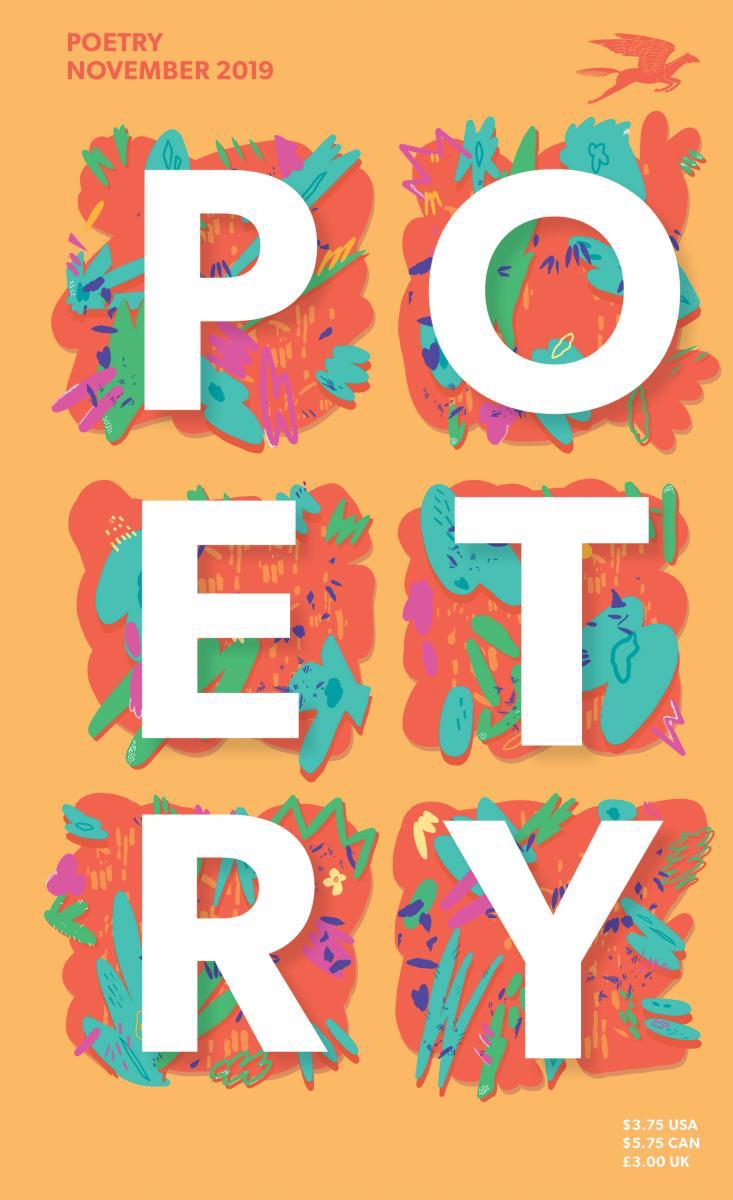Noun: A uniting or binding element or force. The thing about facing your fears head onis it only really works on TV. As an example, let’s say a clawfoot bathtub teeming with arachnidsis your garden variety anti-fantasy. Now, say the sitcom dad in you gets the itchto do something experiential, something special for your 40th (stay with me), so you willinglydive into a pool of 10,000 tarantulas, head- first. In the Fear Factor versionof this midlife episode, Ludacris is like Man, white people are crazy.In reality, this sounds like a frightful fucking headache, six ibuprofen & stitches.Like 80,000 eyeballs all up in your situation, if you catch my drift. & I bet,the last thing you need is a group of hairy climbers, & their many-legged offspring,ogling your property. Sniffing up the ol’ oak tree after the acorns you squirreled awayfor the fam when the market was healthy. Square any beef between two parties& you’ll find money lurking somewhere near the root. Of evil & fear,Aristotle claimed, pain arises from the untoward bracing.He strikes me as a particularly anxious dude. Extreme fear can neither fight nor fly. But comply, I think Shakespeare implied.The thing about facing your fears head on is your head &the knowledge of history. From an aerial vantage, a battlefieldof sun-blanched skulls resembles one psychedelic mushroom patch.Can you see the speckled gecko playing hide & seek with the ravenous Komodo dragon,weaving through 2 million cavernous eye sockets? Or am I just deep in my spacesuit bag?If it helps, you may think of this figure as figurative— a literal marker in the definition’s landscaperepresenting blacks slain during the Transatlantic Slave Conquest.Or perhaps Greek tragedy begets your literary empathy. When Ray Parker Jr. sang“I ain’t afraid of no ghost,” he didn’t account for the Great-Great-Granddaddy Apparitionof Social Studies. My fear of history is a valid fear of Power—stripped, lorded over, misguided—corrupting one’s sense of need in favor of excess. Head to head, bird tonest, I’m saying I understand what steers our national stasis, our fossilized political animals, & Iforgive us. As an example of forgiveness, let’s say I had money to produce this40 Acres & a Mule script with Spike Lee. As in reality, the narrative’s of little consequence.But peep the plot-twist ending: Marques, our handsome protagonistattorney (stay with me), wins a class action suitto the tune of lifetime therapy for everybody.
Reparations Redefinition: Bond
Marcus Wicker
Feature Date
- May 22, 2020
Series
Selected By
Share This Poem
Print This Poem

Marcus Wicker is the author of Silencer (Houghton Mifflin Harcourt) and Maybe the Saddest Thing (Harper Perennial), a National Poetry Series selection. His awards include a Tennessee Arts Fellowship, Ruth Lilly Fellowship, Pushcart Prize, as well as fellowships from Cave Canem, and The Fine Arts Work Center. Wicker’s work has appeared in Poetry, The Nation, The New Republic, American Poetry Review and elsewhere. He is co-poetry editor of Southern Indiana Review, and an associate professor of English at the University of Memphis where he teaches in the MFA program.

Chicago, Illinois
Editor
Adrian Matejka
Creative Director and Exhibitions Co-curator
Fred Sasaki
Senior Editor
Lindsay Garbutt
Associate Editor
Holly Amos
Associate Editor
Angela Flores
Founded in Chicago by Harriet Monroe in 1912, Poetry is the oldest monthly devoted to verse in the English-speaking world. Harriet Monroe’s “Open Door” policy, set forth in Volume I of the magazine, remains the most succinct statement of Poetry’s mission: to print the best poetry written today, in whatever style, genre, or approach.
Poetry Daily Depends on You
With your support, we make reading the best contemporary poetry a treasured daily experience. Consider a contribution today.



